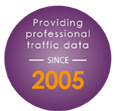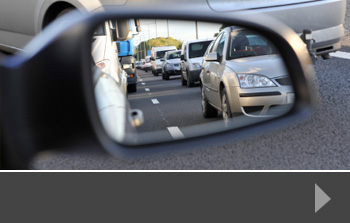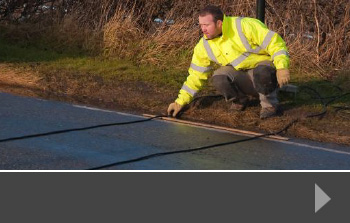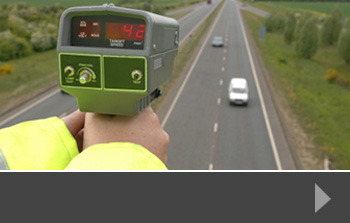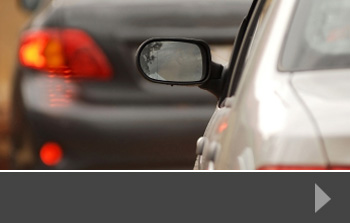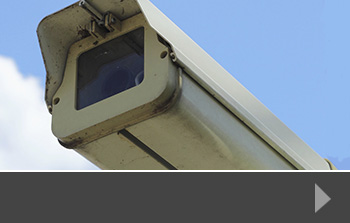Do clean air zones reduce congestion?
Since 2015, when the government announced its commitment to improving air quality in major cities, UK drivers have been preparing for clean air zones. The most well-known clean air zone is probably London’s ULEZ – Ultra Low Emission Zone – which levies a charge on vehicles deemed to be more polluting when they drive in certain parts of the city.
Cities are not obliged to develop clean air zones, and some cities have chosen not to – looking at other ways to improve air pollution, such as lower speed limits, improvements to public transport and pedestrianizing some areas to remove traffic from them entirely.
The hope is that chargeable clean air zones will encourage people to look for different ways to travel to cities, adopt electric vehicles or upgrade their current vehicles so that they are less polluting. These zones, therefore, can also have a positive effect on congestion, with fewer people deciding to drive into cities and clog up the roads.
How do they work?
Clean air zones are designed by each city to meet their particular requirements. So, for example, Norwich introduced a clean air zone that only applies to buses, whilst Birmingham’s zone covers a much wider range of vehicles.
Some zones exclude private cars, while others charge for any vehicle that doesn’t meet requirements. Like the London congestion and ULEZ charges, drivers can pre-register to pay the charge, or will receive a notification of charge via an ANPR system.
Are all cities adopting clean air zones?
No – several cities that had plans to introduce these zones have put them on hold. That’s mostly because air pollution levels have dropped as a result of other traffic management plans, an increase in electric or hybrid vehicles and because the pandemic affected the amount of traffic heading into and through cities.
Liverpool, Nottingham, Leeds and Southampton are among those cities who have decided not to introduce clean air zones because at the moment there is no pressing need for them.
Traffic and ANPR surveys from RDS
At Road Data Services we support all types of road system and traffic management development, including pre- and post-change surveys for issues such as clean air zones. Using the latest equipment and working alongside planning departments and development companies, we provide precise data that helps to deliver informed decisions. To find out more, just contact us today.

